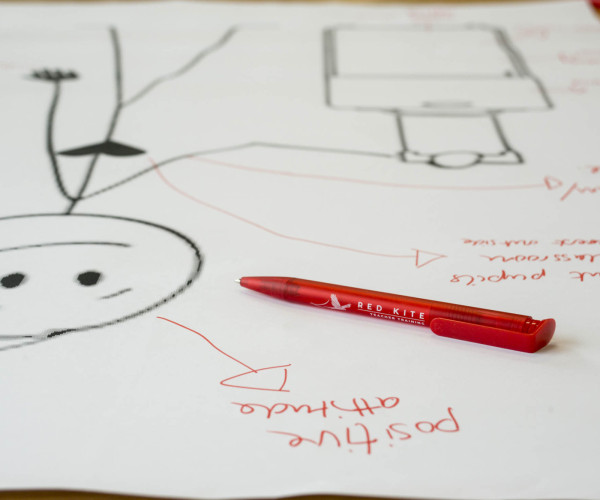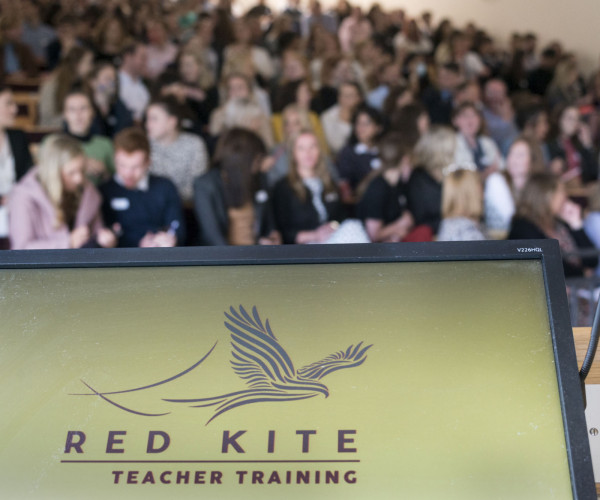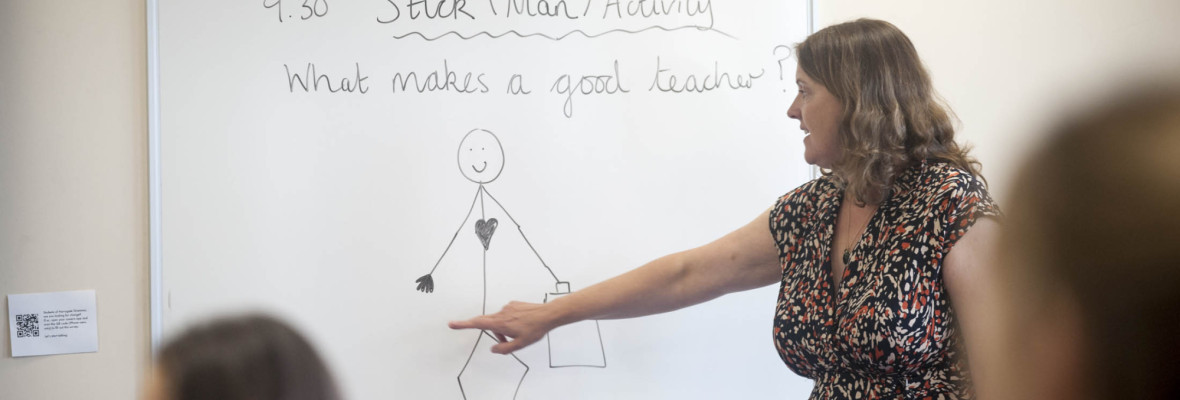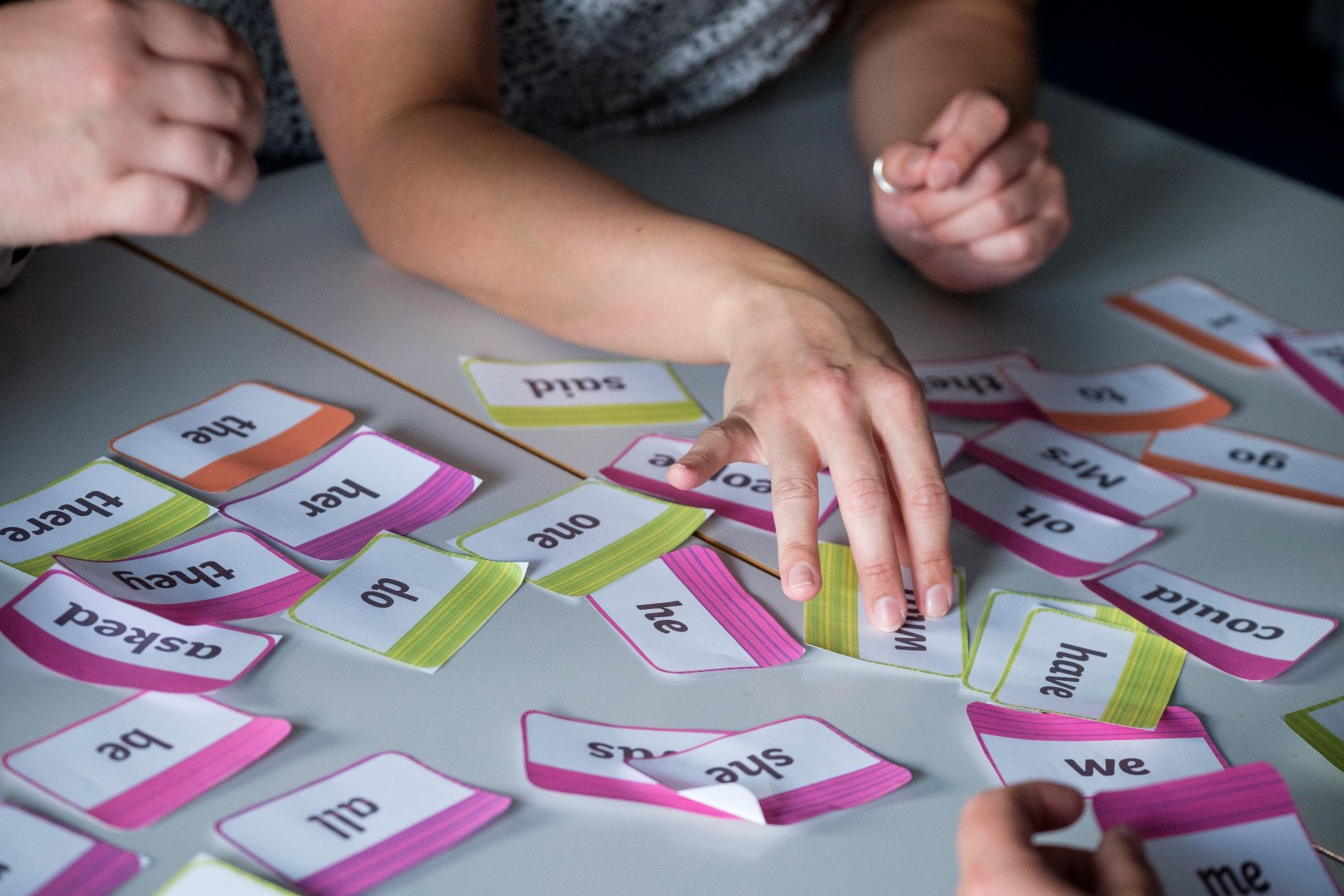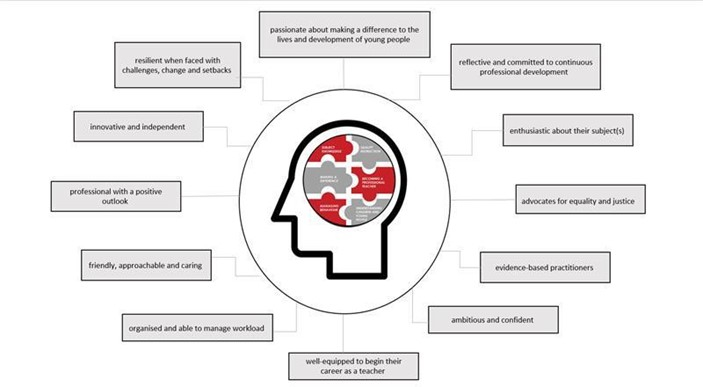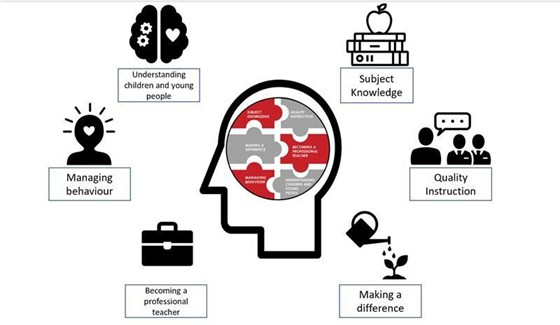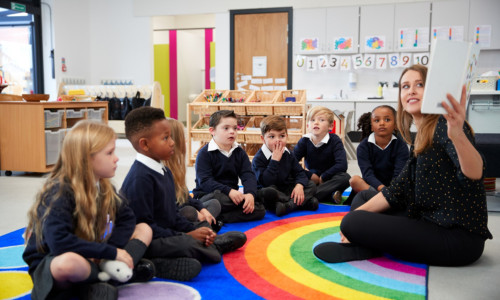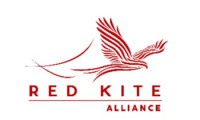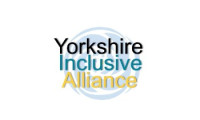Our vision is to train evidence-informed, professional and inclusive teachers who can meet the challenges of the future and lead learning in a diverse educational landscape. We aim to build firm foundations for long and successful careers in the profession.
Core Purpose
- To immerse trainees in the school environment, encouraging them to think critically and become innovative educators.
- To tailor our programme to meet individual needs and aspirations, to provide varied experiences and to encourage trainees to become self-directed and internally motivated.
- To provide a well-sequenced programme where practice is closely aligned to the curriculum being
- To have high expectations of our trainees as professionals, nurturing them to become resilient individuals and supporting them to feel part of the school team and the wider Red Kite community.
- To creatively adapt national and regional initiatives to meet the needs of the local schools and educational settings.
- To meet the local, regional and national recruitment
- To develop highly-skilled mentors, across all partnerships, who will provide professional support with challenge and promote a culture of kindness, respect and wellbeing.



